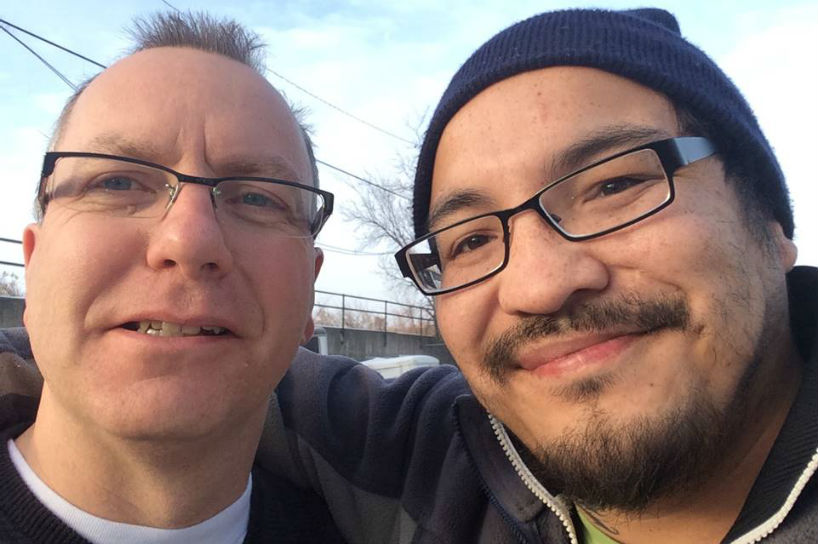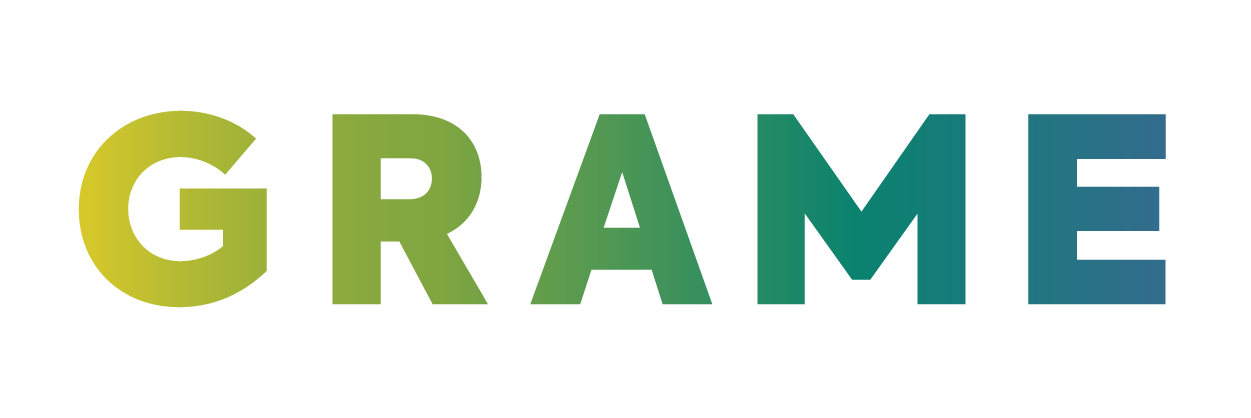First Nations communities are using energy and agriculture to drive social innovation
Shaun Loney is a co-founder of Aki Energy, a partnership between the Assembly of Manitoba Chiefs, Green Communities Canada and BUILD, whose mission is to grow green economies on First Nations and begin to address massive unemployment rates on reserves using the green economy.
Aki is a social enterprise dedicated to developing green projects: why have you chosen to focus your activities around the energy sector?
Energy and food are the best places to start as they’re very labour intensive. There’s generally a lot of money pouring into First Nations, but then it leaks back out. Creating energy is economic development in your backyard. Our defining issue as Canadians is connecting the people who most need the work with the work that most needs to be done. And so Aki is a tool to do that with First Nations. Aki is an Ojibway word for “earth”; we started with geothermal.

Shaun Loney, co-founder of Aki EnergyLoney and Chris Courchene from the Sagkeeng First Nation, one of the beneficiaries of the program
How does it work?
We use the Pay As You Save on-bill financing mechanism. Manitoba Hydro gives Aki $20,000 per house. It’s not funding, it’s not tax payer dollars, it’s financing. The $20,000 is capital and labour to install geothermal systems. Half of it is labour, which employs people on the First Nation. Fisher River Cree Nation, about three hours north of Winnipeg, has done 200 houses already. The bill reductions are about $1,000 per house per year, which amounts to $200,000 a year in bill reductions. They put a charge on utility bills of $75 a month for the same house, and they collect that $75 until they get their money back. The bills go down by a couple of hundred dollars a month because of the new energy source, and then they go up by $75 a month, so the net bills are lower. We’re pushing the federal government to push that model out across Canada for First Nations.
Read more : Using solar energy to stimulate employment opportunities in a First Nations community
But it’s more than just energy, right?
We also started a 13-acre farm at the Garden Hill First Nation, a community of 3,400, located 700 km northwest of Winnipeg, with no all-season road access. It’s called Meechim, a Cree word for “food.” Through our original approach, we’ve retrofitted 320 houses, we’ve done three promotional projects — commercial buildings — that 13-acre farm, and we’re starting a farm school at Garden Hill that will be up June 1. We have 500 chickens, an orchard and a lot of root vegetables at the farm, plus we have a healthy food market. We’re selling imported healthy food, like bananas, oranges and apples, at a low cost on cheque days. We also hook up kids from the school with the farm. We’re keeping going on this, because we want to prove that it’s possible to garden in Garden Hill. We want to train other people from other First Nations to replicate the model.
Infolettre
Envoyée tous les jeudis.
Inscrivez-vous.
Suivez l’actualité de l’économie positive et engagée.
Emplois
Trouvez l'emploi idéal.
Événements
Nos prochaines activités.


